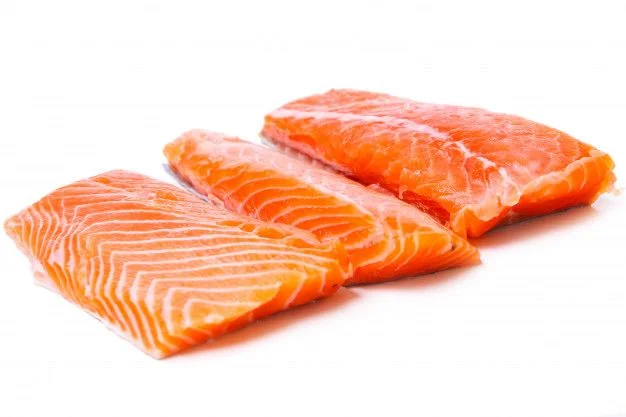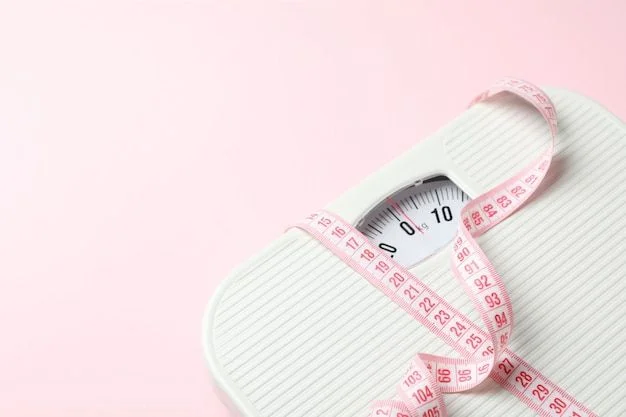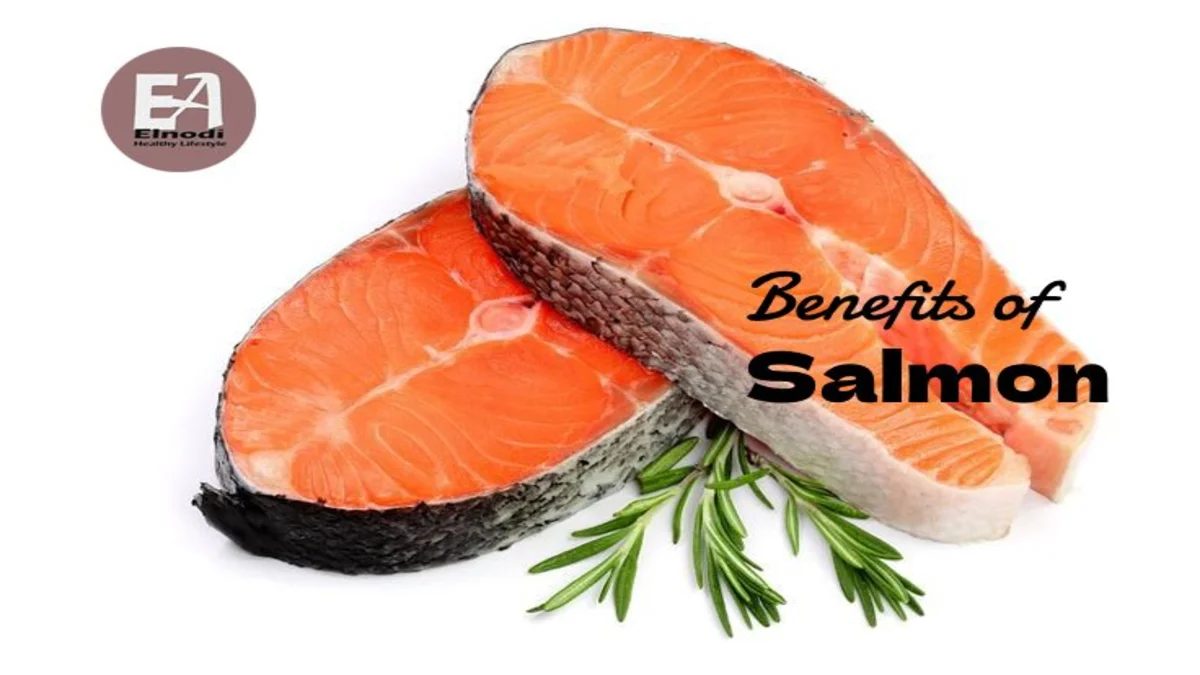Discover the amazing benefits of salmon, a superfood packed with essential nutrients and omega-3 fatty acids. Learn why you should add this delicious fish to your diet!
Are you looking for a delicious and nutritious food to add to your diet? Look no further than salmon! With its rich flavor and numerous health benefits salmon has become a popular superfood. But what exactly makes salmon so special?
What Is Salmon?
Salmon, a sensitive, pink, firm fish, is a favorite option in America due to its rich, buttery flavor.
And that is excellent for your health.
You can choose from a variety of Pacific salmon, including:
- Sockeye
- Pink
- Coho
- King (Chinook)
- Many of these come from the wild.
Atlantic salmon is another possibility. The U.S. outlaws fishing for it, so the ones you’ll find in American supermarkets are farm-reared.
Salmon nutrition profile

| Nutrient (1) | Amount |
|---|---|
| Calories | 206 kcal |
| Protein | 20.4 grams |
| Fat | 13.4 grams |
| Saturated Fat | 2.0 grams |
| Omega-3 Fatty Acids | 2.4 grams |
| Cholesterol | 55 mg |
| Sodium | 47 mg |
| Potassium | 363 mg |
| Vitamin D | 12.5 mcg |
| Vitamin B12 | 3.2 mcg |
| Vitamin B6 | 0.6 mg |
| Magnesium | 27 mg |
| Iron | 0.5 mg |
| Calcium | 9 mg |
| Zinc | 0.5 mg |
| Selenium | 27.5 mcg |
Benefits of salmon
Eating salmon has many health benefits, including: (2)
1. Promotes cardiovascular health.

Potassium and omega-3 fatty acids (EPA and DHA) are abundant in salmon. Together with potassium, the omega-3 and -6 fatty acids significantly improve heart health by lowering blood pressure, reducing cholesterol, and reducing arterial inflammation.
Potassium prevents excessive fluid retention and aids in blood pressure regulation. As a result, eating salmon regularly can help lower the risk of heat-related illnesses such as high blood pressure, high triglycerides, arrhythmia, heart attacks, and strokes.
2. Repairs injured tissue.
Salmon is an excellent source of protein. Protein is required for the formation of bones, muscles, cartilage, skin, and blood, in addition to other nutrients.
It aids in the body’s ability to rebuild and repair tissues following an injury, protects bone health, and maintains muscle mass during weight reduction. It also promotes a healthy metabolic rate while increasing bone density and strength.
3. Great source of vitamin B complex
All of the B vitamins—B3, B5, B7, B6, B9, B12, and so forth—are abundant in salmon. To keep all body functions in a healthy balance, vitamin B complex is essential. The B group of vitamins produces and repairs DNA lowers inflammation, and converts food into energy in a codependent manner.
Salmon has the highest concentration of vitamins B3 (niacin) and B6 of all the B vitamins. Vitamin B6 enhances brain function, whereas vitamin B3 aids in lowering cholesterol levels. Additionally, salmon has a good amount of B12, which is essential for hormone balance, multiple metabolic processes, and the health of the brain and nervous system.
4. helps maintain healthy thyroid function
Maintaining healthy thyroid function is one of selenium’s major roles. A substantial amount of selenium can be obtained from a respectable portion of salmon.
This vital trace mineral guards against oxidative damage to the thyroid gland that occurs during thyroid hormone synthesis. Thyroid hormone is made from hydrogen peroxide, which is produced by the thyroid gland’s cells.
5. Promotes brain health
Salmon’s high quantities of DHA combine with vitamin A, vitamin D, and selenium to increase and improve brain function.
In reality, omega-3 fatty acid supplements are utilized to treat mental illnesses such as Alzheimer’s and Parkinson’s disease. Eating salmon throughout pregnancy can help boost fetal brain development and health.
6. May cure cancer.
Salmon is considered a superfood due to its high omega-3 fatty acid concentration. Medical research has shown that omega-3 fatty acids can have a significant influence on cancer cells and kill tumors.
Omega-3 fatty acids can be used to treat and prevent some cancers, including skin cancer, prostate cancer, colorectal cancer, liver cancer, UVB-induced skin cancer, and brain tumors.
7. combats inflammation in the joints
Once more, osteoarthritis and other inflammatory joint diseases can be lessened by consuming salmon because it contains omega-3 fatty acids.
Bioactive peptides are a class of tiny proteins found in salmon. In human osteoarthritic cartilage, one such bioactive peptide known as calcitonin is known to enhance, control, and stabilize collagen synthesis.
8. increases children’s cognitive intelligence
Salmon is good for brain health, therefore pregnant mothers should eat it to help their children develop cognitive skills and learning capacity. Salmon should also be included in the diets of growing children, as it can assist in reducing ADHD and improve academic performance.
9. Antioxidant properties
The salmon’s pink hue is due to the presence of astaxanthin, an antioxidant from the carotenoid family. Unlike other carotenes and carotenoids, astaxanthin is not converted to retinoids in the human body.
It has antioxidant properties and can protect cardiovascular, immunological, inflammatory, and neurological illnesses.
10. Improves eyesight
Salmon is an incredible source of omega-3 fatty acids and vitamin A, making it an excellent food for the eyes. Regular salmon consumption may assist in alleviating symptoms of dry eye syndrome and age-related macular degeneration (AMD).
11. Promotes skin health
Because salmon contains both vitamin A and fatty acids, it is good for the skin. The quality and health of the skin are enhanced by these good fats. When combined with salmon’s astaxanthin carotenoid antioxidants, omega-3 fatty acids significantly lessen the aging-causing free radical damage.
12. could aid in losing weight

Salmon may also help with weight loss. The low-calorie, high-protein fish is great for you. As a result, it is healthy and wise to incorporate salmon into your diet plan since it will not only give you a ton of protein but also help your body make up for any vitamin and mineral shortages. Salmon has a healthy fat level that doesn’t cause weight gain.
Salmon side effects
Eating salmon carries certain health dangers despite its many health benefits, particularly when consumed in high quantities. Sometimes it can result in:
Bleeding problems. Despite all of the health benefits of omega-3s, using some anticoagulant medications when taking large dosages of them, such as those found in supplements, can result in bleeding issues. Thus, be sure to adhere to the previously stated rules. Fish oil functions as a blood thinner since it is a naturally occurring anticoagulant. When combined with blood clot-preventing drugs, high dosages of omega-3 fatty acids (over 3 grams daily) can lead to bleeding issues.
Disease. Persistent organic pollutants (POPs) have been associated with a higher incidence of obesity, type 2 diabetes, and other illnesses. Salmon contains polychlorinated biphenyls, or PCBs, one type of POP. Its levels in farmed fish, however, are five to ten times higher than in wild fish.
Cancer. Consuming a lot of salmon and other seafood may expose you to carcinogens, which are substances that cause cancer. Fish that swim in contaminated water are exposed to these pollutants. While farmed and wild salmon are both subject to this risk, wild salmon have a much higher benefit-risk ratio.
Nervous system damage. Mercury is present in every fish, including salmon, in trace amounts. While most people are not affected by high mercury levels, they can harm growing fetuses and young children’s neurological systems.
How to cook salmon
Cooking salmon is a versatile process that can be done in various ways depending on your preference. Here’s how to cook salmon using three common methods: baking, grilling, and pan-searing.
- Baking Salmon:
- Preheat your oven to 375°F (190°C).
- Place the salmon fillets on a baking sheet lined with parchment paper or aluminum foil.
- Season the salmon with your choice of herbs, spices, salt, and pepper.
- Bake for 12-15 minutes, or until the salmon is cooked through and flakes easily with a fork.
- Serve immediately with your favorite side dishes.
- Grilling Salmon:
- Preheat your grill to medium-high heat.
- Brush the grill grates with oil to prevent sticking.
- Season the salmon fillets with olive oil, salt, pepper, and any other desired seasonings.
- Place the salmon fillets skin-side down on the grill.
- Grill for 4-5 minutes on each side, or until the salmon is cooked through and has nice grill marks.
- Remove from the grill and let rest for a few minutes before serving.
- Pan-Searing Salmon:
- Heat a non-stick skillet over medium-high heat.
- Add a small amount of oil or butter to the skillet.
- Season the salmon fillets with salt, pepper, and any other desired seasonings.
- Place the salmon fillets skin-side down in the skillet.
- Cook for 4-5 minutes on the skin side until it becomes crispy and golden brown.
- Flip the salmon fillets and cook for an additional 2-3 minutes, or until the salmon is cooked through.
- Remove from the skillet and serve immediately.
How to incorporate more salmon into your diet
Here are some nutritious suggestions for including salmon in your diet:
- Use canned salmon in place of tuna when making tuna salad with healthy mayo.
- Combine tinned salmon, hard-boiled eggs, avocados, lettuce, and tomatoes to make a Cobb salad.
- Savor cucumber or tomato slices with sprouted-grain bread topped with smoked salmon and cream cheese.
- Try preparing fish on the grill with avocado sauce.
- For a simple evening meal, bake fish with a herb crust and serve with vegetables on the side.
Summary
Salmon is an amazing food that is high in nutrients and has many positive health effects.
You can meet your nutrient needs and lower your risk of numerous diseases by consuming at least two servings per week.
Salmon is also flavorful, filling, and adaptable. It’s possible that eating this fatty fish daily will enhance both your health and quality of life.
FAQs
What does salmon do for the body?
Is it good to eat salmon every day?
Is salmon good for your hair?
References
- https://www.hsph.harvard.edu/nutritionsource/fish/ ↩︎
- https://fdc.nal.usda.gov/fdc-app.html#/food-details/175168/nutrients ↩︎





